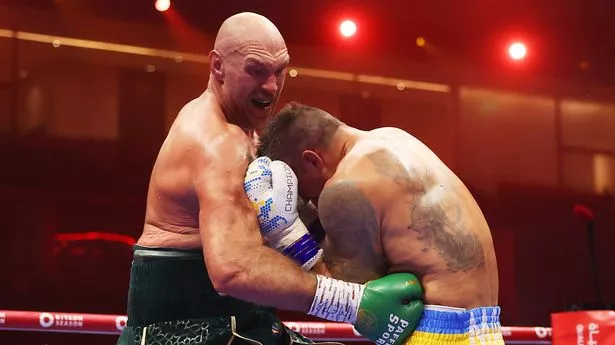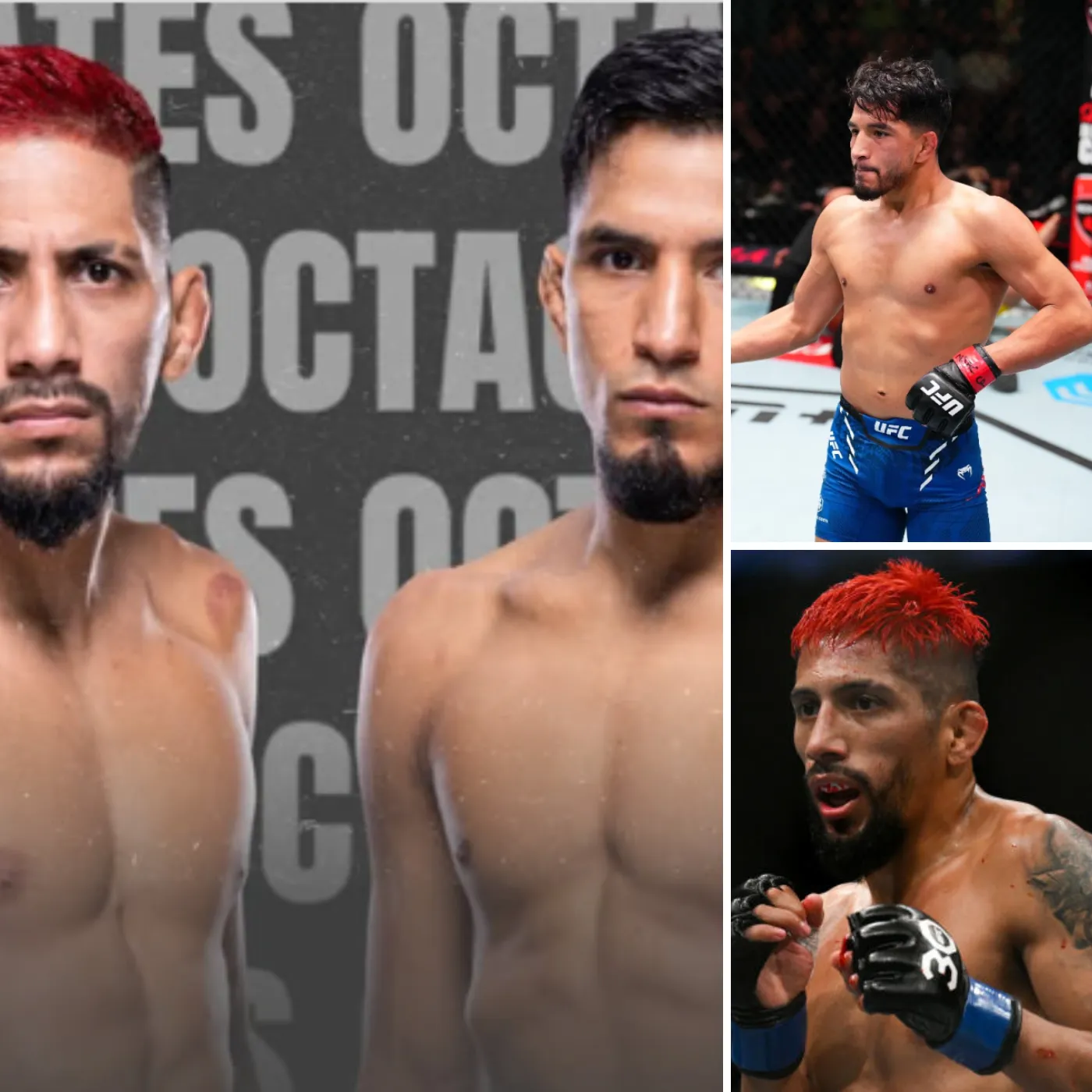Tyson Fury’s Ego: Is It His Biggest Enemy in the Ring?
Tyson Fury, also known as “The Gypsy King,” is undeniably one of the most polarizing figures in the world of boxing. The heavyweight champion has gained as much attention for his brash personality, controversial statements, and larger-than-life ego as he has for his impressive skills inside the ring. However, a critical question arises: Does Tyson Fury’s […]

Tyson Fury, also known as “The Gypsy King,” is undeniably one of the most polarizing figures in the world of boxing. The heavyweight champion has gained as much attention for his brash personality, controversial statements, and larger-than-life ego as he has for his impressive skills inside the ring. However, a critical question arises: Does Tyson Fury’s inflated ego play a significant role in his successes, or is it his biggest enemy when it comes to winning?
This article will delve into how Fury’s ego might influence his performance, his relationships with fans and opponents, and his legacy in boxing.

The Rise of Tyson Fury: The Ego Behind the Success
Tyson Fury’s career has been defined by an unrelenting belief in his own superiority. From his early days in boxing, Fury made bold claims, predicting his rise to the top of the heavyweight division. His outlandish confidence, coupled with his unique fighting style, has made him both a fan favorite and a target for critics. But is this self-assurance beneficial, or does it hinder his performance?
Fury’s ego certainly helped him in the early stages of his career, especially when it came to mental resilience. His ability to overcome the psychological challenges of the sport—along with the expectations of the boxing world—allowed him to defeat formidable opponents like Wladimir Klitschko and Deontay Wilder. His ego provided the mental strength needed to push through the toughest moments in the ring. But as his career progressed, some began to wonder if this same ego could be his downfall.
The Dark Side of Tyson Fury’s Ego
While Tyson Fury’s ego has fueled his confidence, it has also led to some controversial decisions that may have hurt his career. Many fans and analysts argue that Fury’s inflated sense of self has made him overconfident and sometimes reckless, both inside and outside the ring. One of the most glaring examples of this is his reluctance to take on certain opponents, preferring to fight those he feels are “easy targets.”
This overconfidence has occasionally led to underestimating his opponents, something that nearly cost him in his first fight with Deontay Wilder in 2018. Fury, after recovering from a brutal knockdown in the twelfth round, managed to survive the fight, but his complacency in the early rounds was a clear demonstration of how his ego might have hindered his performance. Rather than staying focused, Fury appeared to believe that his reputation alone would be enough to secure victory.
Fury’s Ego and Relationship with Fans and Critics
Tyson Fury’s bold personality often creates a disconnect with both fans and boxing critics. On one hand, his trash talk and public self-aggrandizing create a larger-than-life image that many people love. Fans are drawn to his personality, seeing him as a figure who breaks the mold of the traditional boxer. His cocky demeanor and constant taunts fuel media attention, which in turn boosts his marketability and public image.
On the other hand, Fury’s arrogance often rubs people the wrong way. His controversial remarks, frequent claims of invincibility, and disregard for other fighters’ skills can create resentment within the boxing community. While his ego may serve him well in promoting fights, it can alienate fans and critics who prefer a more humble approach to success.
Take, for example, Fury’s comments about his recent rival Oleksandr Usyk, where he dismissed Usyk’s technical ability despite the Ukrainian fighter’s success in the heavyweight division. This public dismissal led to backlash from fans and analysts, with many questioning Fury’s respect for his opponents’ abilities. Ego-driven behavior like this could ultimately diminish Fury’s respect within the sport and potentially affect his career in the long run.
Does Tyson Fury’s ego help or hurt in the ring?
In terms of performance, Tyson Fury’s inflated ego can be seen as both an asset and a liability. On the one hand, it gives him the confidence to step into the ring against the best and take on challenges that others might shy away from. His bravado can be seen as a psychological weapon, using his larger-than-life persona to intimidate opponents and control the narrative. However, this same self-assuredness can be dangerous if it leads him to underestimate his opponents or make decisions based on his pride rather than strategy.
During his rematch with Deontay Wilder, Fury’s ego seemed to serve him well. Fury was clearly the better boxer in terms of skill, and his confidence played a major role in his ability to perform under pressure, especially after a controversial first fight draw. His decision to rise from the canvas after being knocked down in their first encounter was a testament to his resilience, an attribute that is often fueled by his ego.
However, Fury’s most recent public comments regarding his fight with Oleksandr Usyk have raised questions about whether his ego is clouding his judgment. Usyk has consistently demonstrated his superior technical skills, yet Fury has downplayed those abilities, focusing more on his own self-image. Such behavior could backfire, especially when facing a highly skilled and tactical opponent like Usyk.

The Future of Tyson Fury’s Ego: Can It Be Managed?
As Tyson Fury continues his career, one question remains: Can he manage his ego in a way that benefits his performance? In many ways, Fury’s ego has been an integral part of his identity, both as a boxer and as a public figure. It drives him to push boundaries and take risks, but it also leaves him vulnerable to psychological pitfalls.
If Fury can find a balance between confidence and humility, there’s no doubt that he will continue to thrive in the ring. However, if his ego continues to cloud his judgment and leads him to make rash decisions, it could ultimately be his downfall.
Tyson Fury’s ego is undoubtedly a double-edged sword. While it has fueled his rise to the top of the heavyweight division, it has also led to moments of overconfidence and arrogance that could undermine his future success. As he continues to face some of the toughest challenges in boxing, it remains to be seen whether Fury can harness his ego in a way that enhances his skills or if it will become his biggest enemy in the ring.










































